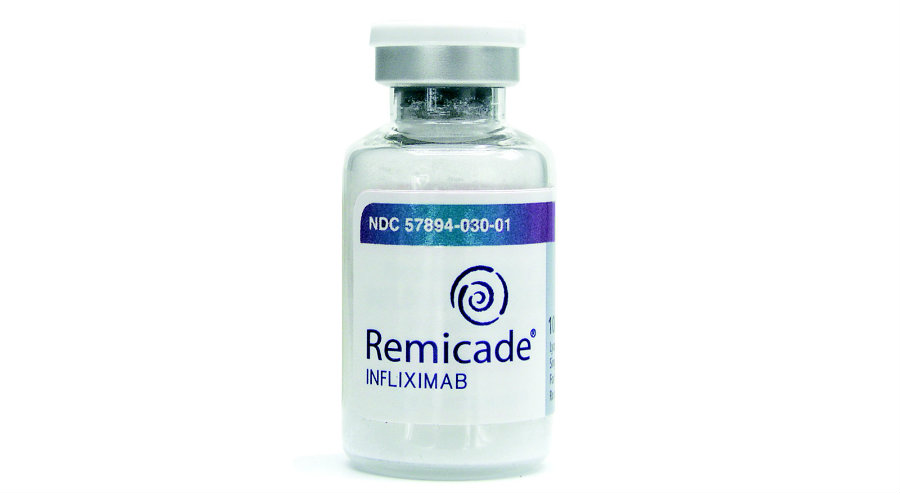Pfizer sues J&J, alleging it blocked access to Remicade biosimilar

Pfizer is suing Johnson & Johnson, alleging that it induced US health insurers to help it block biosimilar competition to its blockbuster Remicade.
Pfizer's Inflectra was the first monoclonal antibody biosimilar approved by the FDA in April 2016, and set out to grab some of Remicade's $4.4 billion in annual US revenues.
However Inflectra only brought in $23 million from US sales in Q2 this year - and Pfizer says this is because of J&J's anti-competitive tactics.
The row threatens to open up a new front in the war over US drug pricing and access, though this time it is a pharma giant looking to maximise its biosimilar sales which is the driving force.
Pfizer's legal submission describes how insurers originally said there was no medical reason to favour Remicade over Inflectra - only to later reverse this decision.
It says this happened because J&J threatened to withhold significant rebates unless insurers agreed to 'biosimilar-exclusion' contracts that effectively block coverage for Inflectra and other infliximab biosimilars.
In the absence of such coverage, providers who depend on reimbursement from insurers are reluctant to stock biosimilars, or even to service Medicare and Medicaid patients where there is widespread coverage for Inflectra.
In its filing, Pfizer says J&J has induced most major health insurers, covering at least 70% of commercially insured patients in the US, to adopt these "improper contractual" terms.
It names four national insurers: UnitedHealthcare, Anthem, Aetna and Cigna, as well as a host of regional insurers, and spells out in detail the alleged terms of their agreements.
Along with South Korea’s Celltrion, Pfizer last year launched a biosimilar competitor to Remicade (infliximab), a blockbuster that is approved for a range of diseases including rheumatoid arthritis.
In a lawsuit filed in a Pennsylvania court, Pfizer said J&J has denied US patients access to the biosimilar and deprived the healthcare system of the price competition from biosimilars.
Biosimilars allow healthcare systems to cut medicines expenditure, or expand access to therapy. Pfizer said J&J’s actions violate federal antitrust laws and undermine legislation to encourage biosimilar use.
In this case, Inflectra is around 19% cheaper at wholesale prices and has an average selling price around 10% lower than the originator, and Remicade’s price has been creeping upwards over the last few years.
Unlike the European market, where more than 30 biosimilars have been approved, only seven have been approved in the US.
J&J issued a statement saying the case is without merit. However if the company is found guilty of this anti-competitive behaviour, the implications are likely to be far-reaching.
Not only would J&J face a major fine for anti-competitive behaviour, it would also create further pressure for greater scrutiny on pharma's contracts with US health insurers and pharmacy benefit managers (PBMs).












